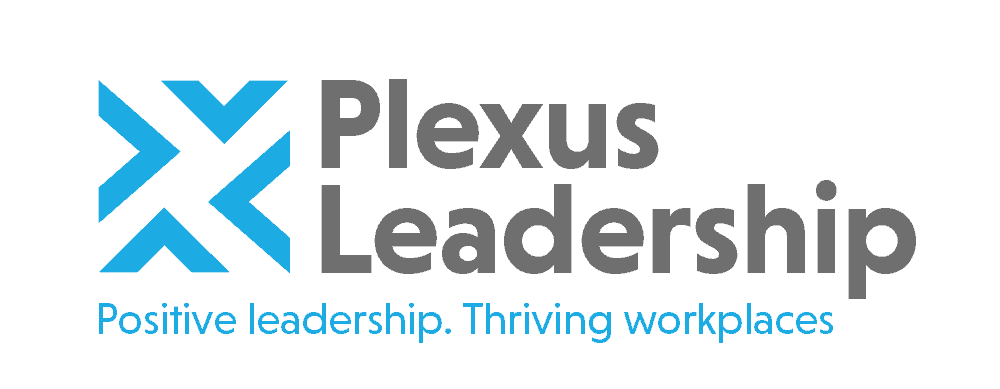I was recently asked by a curious and talented coaching client what great leadership communication looks like. He had been reading a piece by billionaire investor and business magnate, Warren Buffett, in which Buffett claims that communication is the most important quality leaders need to achieve success. Buffett goes on to assert that communication skills can increase your net worth by at least 50 percent. This is a bold, yet not unrealistic claim.
So, what does it mean to be a great leadership communicator? I hear lots of leaders talking about the importance of communication without defining what it means in practice.
In my experience, there are 3 crucial pillars of effective leadership communication:
Clarity
Clarity is all about ensuring your messages are consistent, clear and straightforward. It also involves explaining the rationale for a particular purpose, stated position or perspective. Clear communication builds trust, credibility and respect. Leaders who frequently change their decisions and messages, or don’t practice what they preach, are unlikely to earn the trust, respect and commitment of their team and other stakeholders.
Commitment
Commitment is a key aim of communication, particularly for leaders. Leaders need to win the support and commitment of their teams, superiors, investors and other stakeholders in order to be effective. They therefore need to learn to be skilled relationship builders and influencers, engaging people’s hearts as well as their minds. Becoming a skilled influencer takes a great deal of practice, perseverance and patience. Check out our blog The five secrets of super influencers to learn powerful tips and techniques from master influencers.
Candour
The best leaders are straight talkers. They don’t beat around the bush or spin the truth to their advantage. They show courage in offering counter points and arguments and in speaking up about unacceptable or unethical practices. Unlike many of our political leaders today, they don’t disguise or distort the truth. They understand that people are looking for leaders to be transparent and honest. Some of history’s greatest leaders like Churchill, Gandhi and Mandela have shown great courage in the messages they have conveyed to others around them. They spoke the truth, even in the toughest circumstances when unpopular or tough messages needed to be delivered.
Underpinning these 3 pillars are 4 powerful communication skills every leader can and should learn. These are:
Deep listening
Many leaders don’t listen well and never get beyond “everyday listening”. This is when they are listening to their own internal voice rather than paying attention to what the other person is saying.
Deep listening involves listening intently to everything the other person is saying. It means tuning in to their verbal and non-verbal communication – their experiences, needs, emotions and thoughts. High levels of empathy and curiosity are critical for this type of listening.
Fundamental listening techniques like summarizing, paraphrasing and asking clarifying questions can greatly improve a leader’s listening effectiveness.
Powerful questioning
Through powerful questioning, leaders can clarify people’s thoughts, encourage the sharing of ideas and views that would otherwise not be heard and generate new insight and learning.
Powerful questions are generally open-ended, straightforward and start with “what”, “when”, “where” and “how”. The are designed to open up a conversation rather than imply superior knowledge or judgement.
Showing empathy
Showing empathy and understanding involves recognising the whole person and respecting their individual differences. It also means demonstrating compassion and understanding when a person needs support or help. Leaders should take time to try to understand things from others’ perspectives rather than judging them or assuming they will see and do things in the same way as themselves.
Presence
Leaders are, by definition, focal points of communication within any organisation. Others look to them for stewardship, direction and guidance. Therefore, they need to become skilled at conveying clear and compelling messages, regardless of whether they are interacting one-on-one, with teams or with large groups of people. To build their presence, credibility and impact, they need to learn how to deliver memorable messages with integrity, enthusiasm and confidence.
Like all vital leadership skills, presence and good presentation techniques are learned and honed through on-the-job practice and trial and error. Leaders without the curiosity and courage to stretch themselves outside their comfort zone are unlikely to become great communicators. For more on building a strong leadership presence, check out my recent blog here.
Other Posts

About the Author
James Brook
Founder and MD | Leadership Consultant | Organizational Psychologist
James is a leadership consultant, organizational psychologist and executive coach. He has over 25 years’ experience working with leaders, teams and organizations globally to optimize their performance, talent and future success. He specializes in positive leadership, thriving workplaces, collaboration and influencing, organizational change and transformation, accelerating innovation and coaching executives and leaders in innovative sectors including Tech, Digital, E-commerce and Life Sciences.
Before setting up Plexus Leadership, James held leadership roles in HR and Talent Management in the UK and abroad with companies such as NatWest, Yahoo! and Novo Nordisk Pharmaceuticals. After this, he founded and led several talent and leadership consulting and assessment businesses, including Strengthscope®, an online strengths assessment and development business serving a wide range of UK and global clients. James grew this venture into a global market leader before selling the business in 2018.
James has supported, advised and coached leaders and teams globally across diverse industries and geographies. Clients he has worked with include Allen & Overy, Commvault, Equinor, Facebook, GSK, Hilton, John Lewis, Novartis Pharmaceuticals, NHS, Oracle, Sainsbury’s, Swiss Re, Tesco, Takeda Pharmaceuticals, WSP and Yahoo!.
James has a Master’s in Organizational Psychology, an MBA, an Advanced Diploma in Executive Coaching and a Harvard Business qualification in Sustainable Business Strategy. He is a member of the Institute of Directors, the Association of Business Psychologists and a Fellow of the Chartered Institute of Personnel and Development (FCIPD). He is currently undertaking a PhD in Organizational Psychology examining the start-up experiences of Tech and Digital entrepreneurs.
James is a regular contributor and speaker on leadership, coaching, innovative talent management and the future of work. His most recent book, Optimize Your Strengths, explores how leaders can create thriving workplaces by inspiring and supporting people to optimize their potential and teamwork to deliver breakthrough results.





